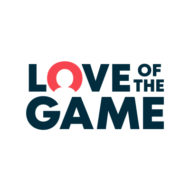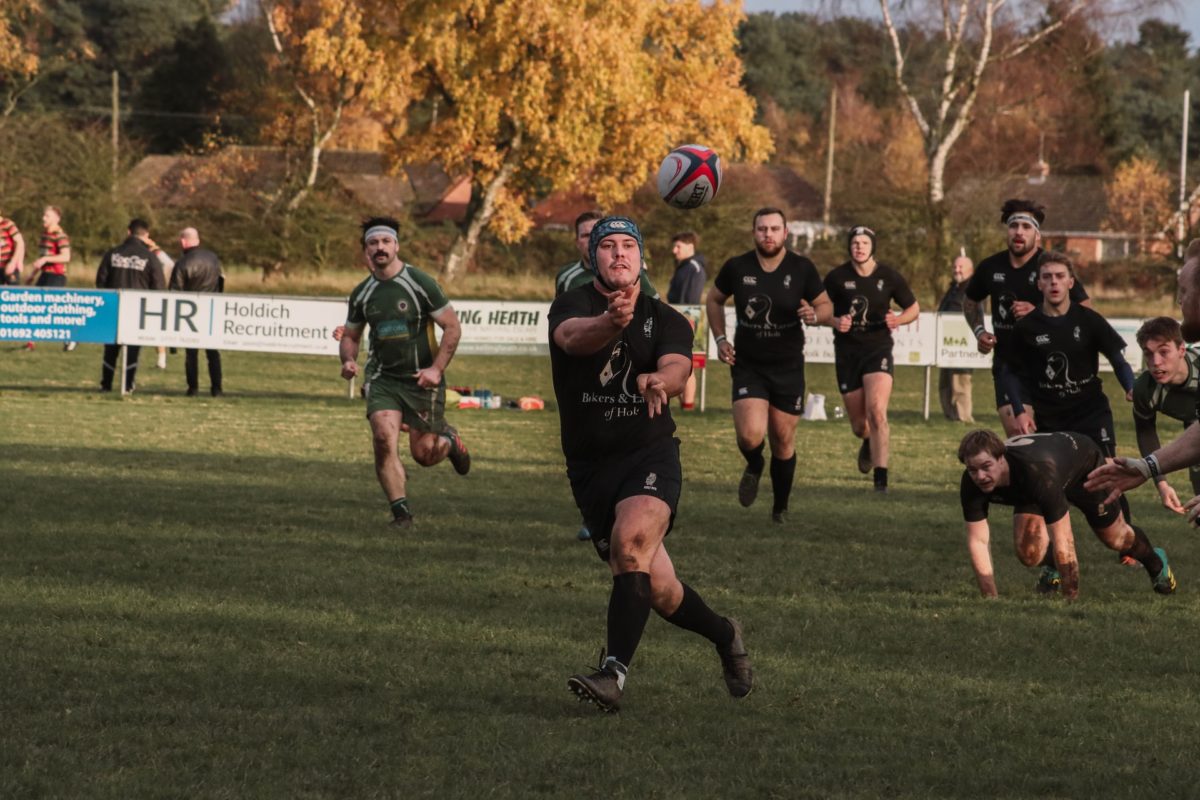Love of the Game represents a meeting of minds from across sport, science, business, technology and government. With an open-source approach to information sharing and an unwavering focus on driving actionable solutions, the initiative will address the following three pillars of engagement:
- Education
- Diagnosis
- Treatment
- Prevention
Education
Sports have evolved significantly over the decades, not least the strength and speed required of the players to compete at an ever-higher level and the professionalisation of most major sports. This has greatly impacted the health and safety of every game, with iterative changes across rules, regulations, and equipment to improve safety and performance. The focus on the impact of concussion, and the reduction in cases must now represent the next chapter in sport’s evolution.
Concussion is a present danger across sport, in training and on match day. Regardless of age, experience or skill, the danger of concussion is a constant and its impact to a player’s long-term health is cumulative. Sports people coming to terms with early onset dementia are living examples and reminders for those playing and supporting today to learn the lessons from the past and take action to protect themselves.As part of the education around head-related injuries, Love of the Game is prioritising:
- Improving recognition of the symptoms of concussion
- Positioning the long-term protection of the head and brain as part of a player’s regime and routine
- Initial projects include:
- Exploration of genetic predisposition to concussion
- Development of protocols, specific to each sports’ nuances
- Lessons from the past to inform future diagnosis (e.g. learning from the pandemic to inform the use of pitch side lateral flow tests)
Diagnosis
Despite increased awareness around concussion and progress in specific sports and research establishments, there is little central coordination. Research and development need not happen in isolation. There is much to learn and gain from different medical studies, research and conditions.
Love of the Game is calling for:
- More coherent sharing of information to aid in the identification of diagnosis tools
- A more sophisticated method of identifying the signs of concussion at the point of impact and for markers over the course of a player’s career
- Creating impact assessment wearables and big data analysis to grade risk and severity of concussion and the proper course of action needed
Treatment
Multi-disciplinary collaboration (bringing together investors, inventors, researchers and sports experts) is accelerating product development, experimentation and implementation, and this is bringing with it the potential to repair damage in the brain.
Love of the Game seeks to bring the right people together to transform research into pragmatic and tangible processes and products that will rapidly make a difference to players.
Initial, exciting projects underway include, but are far from limited to:
- Administration of hyperbaric oxygen at the point of concussion or through oxygen concentrators at home
- Use of cold-water therapies and wearables
Prevention
In recent years – and months - the danger of long-term injury to players has become more widely recognised, and the onus is on the sporting community, including professional associations and clubs, to come together to create an environment where playing sport doesn’t have to mean putting yourself at risk.
We believe treatments are possible and cures for immediate and historic brain damage can and will be found. Love of the Game is working across technology, business and academia to explore a range of routes that will help protect our players and the games we love.
Love of the Game is making the future happen now. In a few short months it has organised the following initiatives, taking steps closer to preventing concussion in our sports:
- A series of “research sprint” hackathons designed to pair researchers and designers with business mentors to accelerate development. Areas of focus include:
- Impact assessment
- Types of concussion
- Diagnostic techniques
- Symptoms risk assessment and recognition
- Repetitive concussion tracking
- Treatments for vascular damage
- Tech exhibitions and Dragons’ Den-style sessions to ensure the best ideas receive the support they need to become a viable and scalable reality

